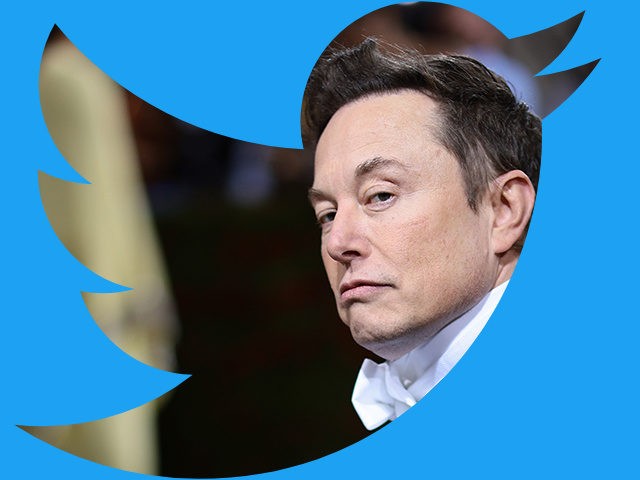Elon Musk is right to be worried about bot accounts on Twitter—and shareholders should be worried as well.
“Twitter deal temporarily on hold pending details supporting calculation that spam/fake accounts do indeed represent less than 5% of users,” Musk tweeted early Friday morning.
About two hours later he tweeted: “Still committed to acquisition.”
Twitter said in a recent filing that less than five percent of it what it calls its “monetizable daily active users” were “false or spam accounts” during the first quarter of 2022. There are many in the tech community and on Wall Street who think that’s an absurdly low number and that the real figure is much higher. Twitter gave no indication about how it arrived at the five percent figure, leaving room for doubt. Musk wants to “see the receipts,” as they say.
For the sake of argument, let’s say that Twitter is wrong and that the real number of fake accounts is higher. If the undercount is just a few percentage points, so that the real figure is seven percent, it’s probably not a big deal. What would be a big deal is if bots make up one-third or even half of Twitter’s daily active users.
The legal liabilities that would be associated with underestimating bots on that scale would be enormous. There would be suits from advertisers claiming they had been misled about how many genuine human beings were seeing their accounts. Shareholders would sue saying they had purchased shares at prices pushed artificially high by Twitter’s misstatements. Bondholders could sue alleging that they had been misled. Regulators such as the Securities and Exchange Commission and the Federal Trade Commission might bring lawsuits. Even users might be able to successfully sue Twitter by showing they had expended time and money to grow their reach on the website based on how the idea that they were reaching real people and not a “readership” made up of thirty-percent spam bots.
Even bot developers might have a case alleging they were damaged by the concealment of so many other bots on the app. Although it might be a hard sell to a jury to explain how you would not have spent so much time creating Twitter bots if you had known that so many other users were also bots.
I do not think it is possible to estimate the size of potential liability that could emerge from a significant misstatement about the number of false accounts. Since the liabilities could come from so many directions, however, it is not impossible that they amount to more than the total value of Twitter. It’s definitely within the realm of possibility that they amount to more than Twitter could afford to pay and would have to declare bankruptcy. The bankruptcy of Purdue Pharm following opioid-related misdeeds, some of which it pled guilty to, is a reminder that misleading the public and customers can be fatal for a business.
So why is Musk worried? After all, he was not the one running Twitter at the time of potential misstatements. But he would inherit the liabilities for Twitter’s misdeed by acquiring the company. More precisely, the liabilities would still be Twitter’s liabilities after the acquisition. If the damage awards were high enough, Elon would wind up paying tens of billions for a company that would then get handed over to its creditors in a bankruptcy trial or dissolved entirely.
It would make sense if some of those extending credit or equity for the deal pointed this out to Musk. The banks that have said they will provide credit for the buyout may be concerned about the potential liability. Some of the equity partners may also. No one wants to extend funds into a potential black hole of legal liability.
Of course, if Musk, his partners, or his creditors are worried about potential material misstatements about daily active users, shareholders should be also. Without Musk’s bid, shares would already be far below where they were before he became involved. The entire digital media technology sector has fallen out of favor with investors. If Musk were to walk away from the deal because Twitter’s numbers were found to be untrustworthy, shares would crash. Breitbart News also reported earlier this month that Hindenburg Research, which is reportedly positioned to benefit if Twitter shares fall, recently said the shares might fall by 50 percent if Musk broke up the deal. That was before Musk publicly questioned the daily user count. If Musk were to walk because he found shenanigans in the numbers, shares would likely drop by even more.
Twitter futures plunged in overnight trading but were down by just 8.5 percent by midday Friday. This could represent some investors’ understanding that there’s a lot of money to be made if Musk goes ahead with the deal at the agreed-upon price. At the current price, there’s a 30 percent upside if the deal goes ahead as announced.

COMMENTS
Please let us know if you're having issues with commenting.